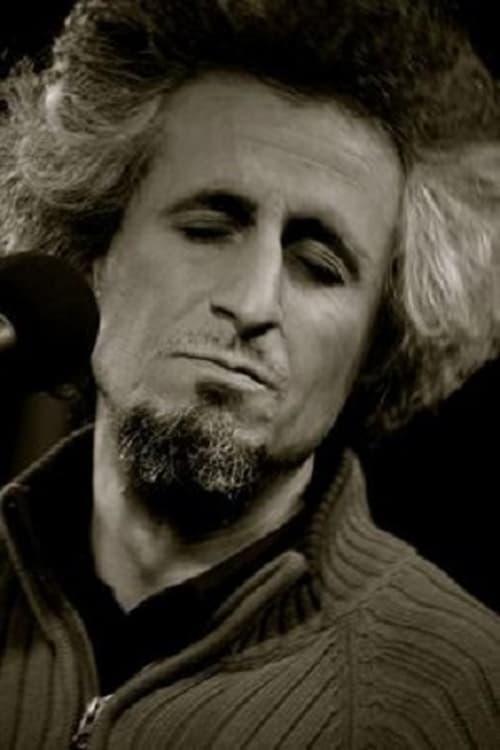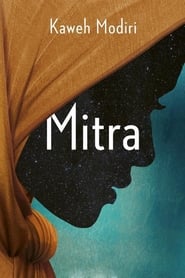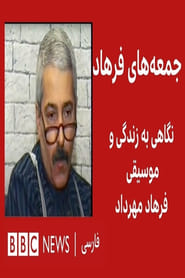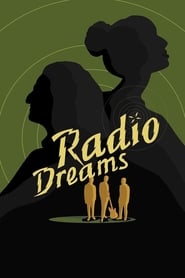detail profile mohsen namjoo

Riwayat Hidup
Mohsen Namjoo (Persian: محسن نامجو) is an Iranian singer-songwriter.
His style of music is influenced by blues and rock as well as Iranian folk music.
The lyrics of his songs are also a combination of Persian classical poems, his own lyrics, and contemporary poems; Namjoo uses the words freely, infusing them with irony and sarcasm to carry the music and to create a free style form of singing.
An Iranian correspondent for The New York Times in Iran wrote that "some call him a sort of Bob Dylan of Iran".
Info Pribadi
Peran Yang Di Mainkan Mohsen Namjoo
 In a tent camp where asylum...
In a tent camp where asylum...Footprints of Ants 2022
In a tent camp where asylum seekers and local agricultural workers stays together, the anger of the local workers against the refugees increases with the poverty. Two children, Barış and Evin, who are unaware of this anger, disappear one day. Local and refugee workers in the tents go out to find for the children. During the search, local and refugee workers feel common feelings for a while. The search for children turns into a search for human values along the way.
 37 years after her daughter Mitra was...
37 years after her daughter Mitra was...Mitra 2021
“37 years after her daughter Mitra was executed in Iran and she fled her home country, Haleh leads a successful life as a renowned academic in the Netherlands. Her peaceful existence is shaken by the arrival of a woman she believes may be the traitor responsible for Mitra’s death.”
 This documentary takes a view on...
This documentary takes a view on...Farhad's Fridays 2012
This documentary takes a view on the life of famous Iranian musician and singer, Farhad Mehrad, one of the most important figures of Iranian rock music in 20th century.
 The film is set around three...
The film is set around three...A Few Kilos of Dates for a Funeral 2006
The film is set around three protagonists. Two run a gas station on the outskirts of town, on a road that gets next to no traffic anymore, and so they get next to no customers. They live and work out of a decrepit van on site, its windows covered in plastic. Sadry is a former strongman, now blind in one eye. He is the boss of the station. Yadi is his eager to please assistant, who usually annoys more than pleases. Finally there is the postman, Abbas, who longs to trade in his brakeless bicycle for a motorcycle, while he must care for his mentally ill brother.
 A brilliant and misunderstood Iranian writer...
A brilliant and misunderstood Iranian writer...